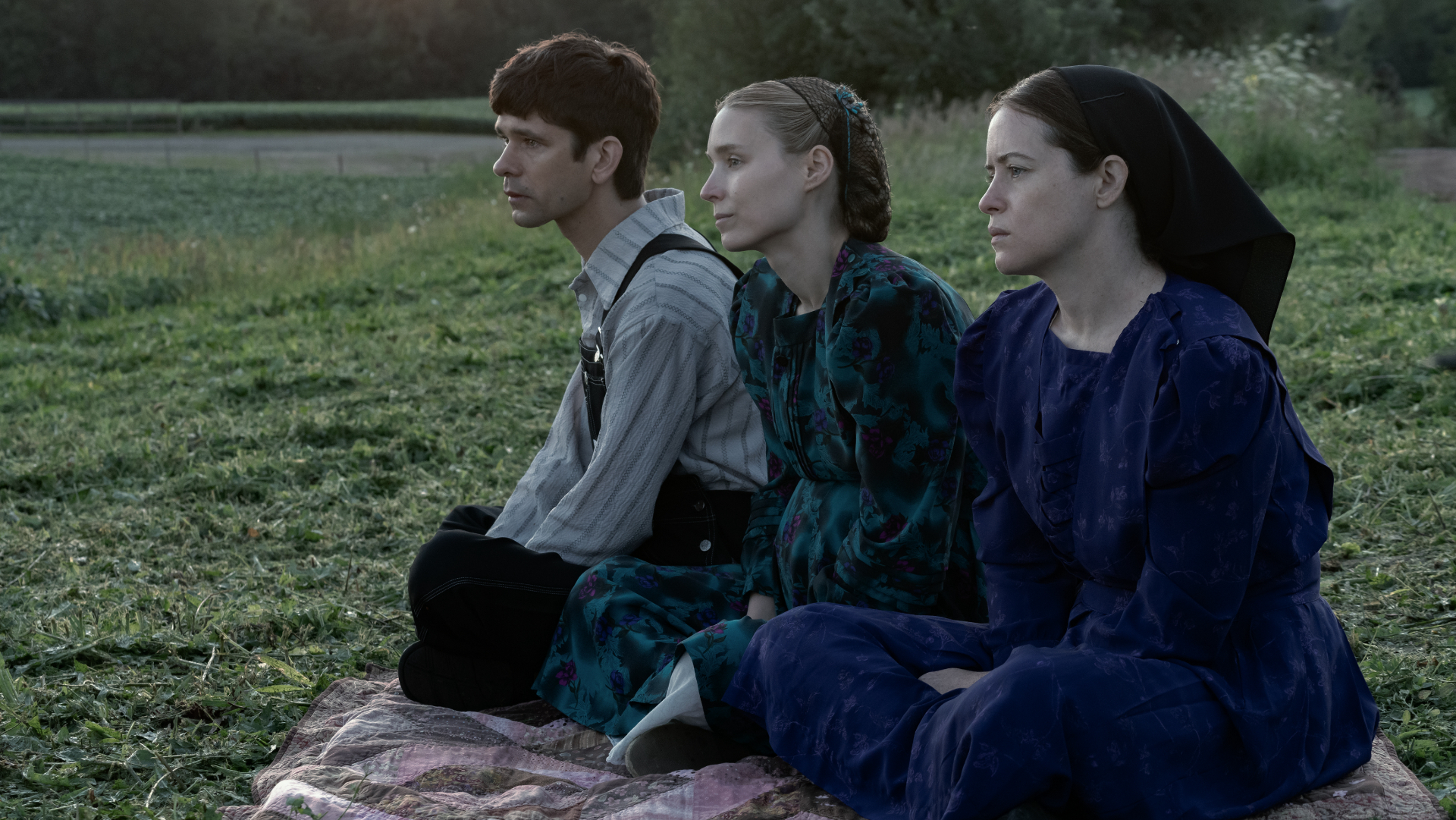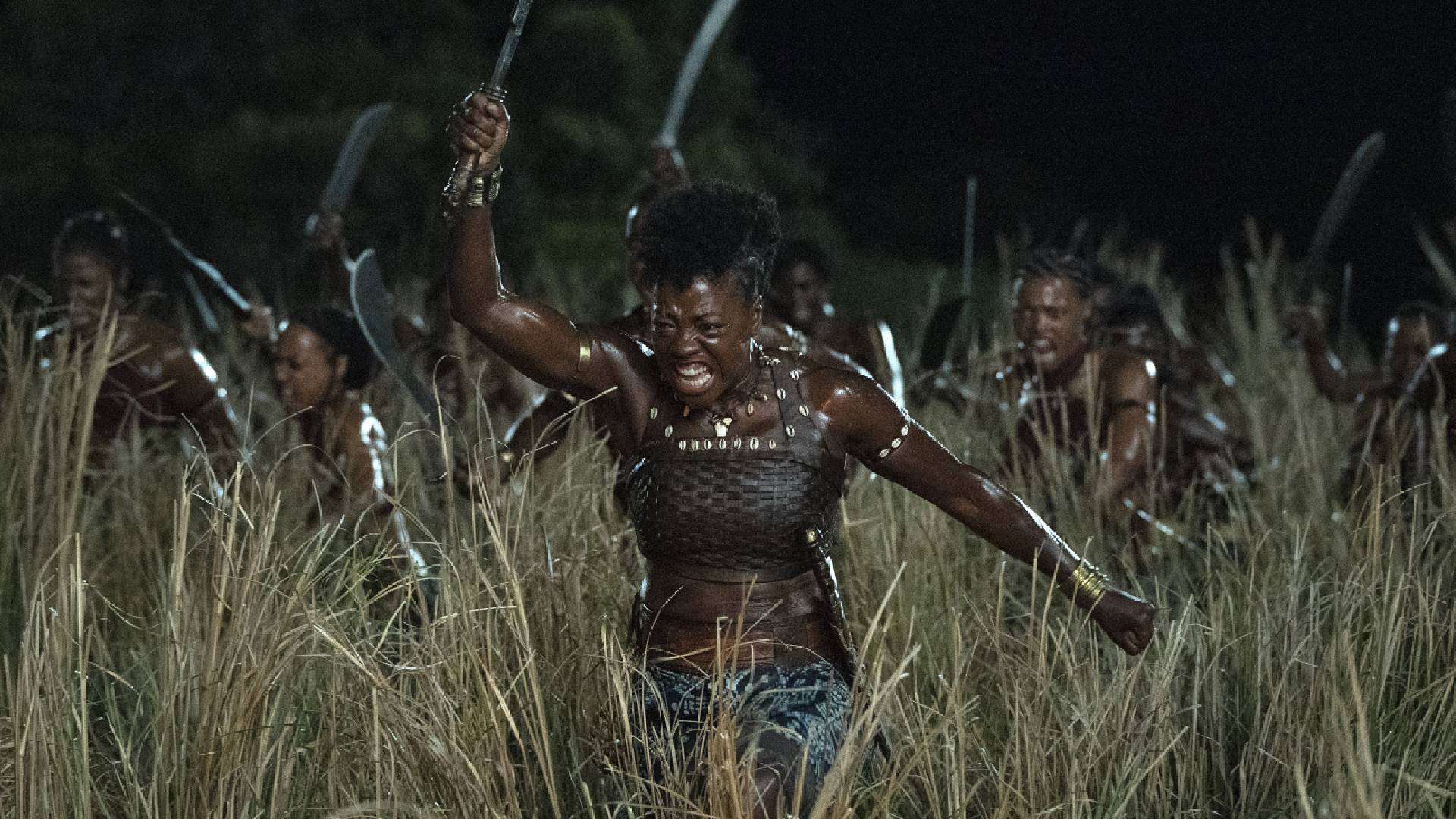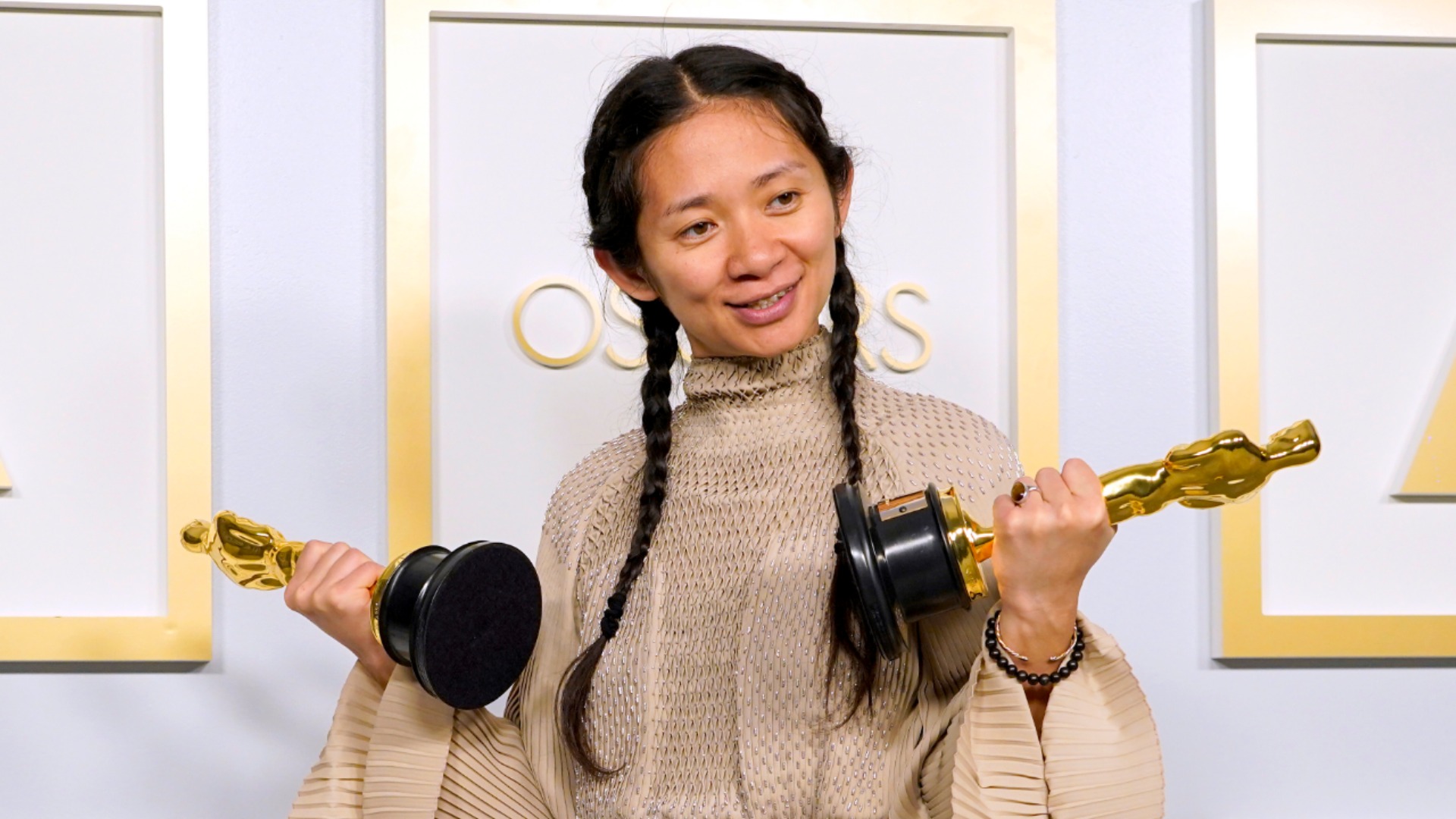The Oscars' Best Director category is still failing to represent the movie industry
Sarah Polley, Gina Prince-Bythewood, and more were snubbed in this year's nominations

A grand total of zero women were nominated in the Oscars Best Director category this year, with the most glaring omissions being Sarah Polley, director of Women Talking, and Aftersun helmer Charlotte Wells.
Women Talking was nominated for Best Picture – the only movie in the category helmed by a woman – but Polley didn't get any recognition for her directing. Her subtle but powerful drama follows a group of women in a Mennonite colony attempting to take control of their lives after they discover the men of the colony have been committing terrible acts against them. The ensemble cast features strong performances from Rooney Mara, Claire Foy, and Jessie Buckley.
Wells, meanwhile, made her directorial debut in 2022 with Aftersun, a poignant portrait of grief about a woman reflecting on a holiday she took with her father in Turkey in the '90s, aged 11. Paul Mescal received an acting nod for his role as young single father Calum.

There were plenty of female-helmed movies eligible for this year's awards, including Alice Diop's Saint Omer, Gina Prince-Bythewood's The Woman King, and Chinonye Chukwu's Till, but none of these films received any recognition. "We live in a world and work in industries that are so aggressively committed to upholding whiteness and perpetuating an unabashed misogyny towards Black women," Chukwu wrote on Instagram after the nominations were announced.
Of course, the Oscars are not renowned for their recognition of women filmmakers (only seven nominated for Best Director in its history), but this is a downturn from last year, when Jane Campion was nominated (and won), and from 2021, when Chloé Zhao and Emerald Fennell were nominated, with Zhao winning. The Nomadland helmer also became the first woman of color to win the award in its 94 years of history.
In fact, it took until 2009 for a woman to win the award, when Kathryn Bigelow took home the gong for war drama The Hurt Locker. Lina Wertmüller was the first woman to be nominated for Best Director back in 1976 for her Italian-language drama Seven Beauties, but she lost out on the prize to John G. Avildsen for Rocky. There wasn't another female nominee until 1993 – Jane Campion for The Piano – and Sofia Coppola was nominated 10 years later for Lost in Translation.

Between 2003 and Zhao's 2021 win, only three other women have received directing nominations: Greta Gerwig in 2017 for Lady Bird, Emerald Fennell in 2021 for Promising Young Woman (alongside Zhao, making it the first time two women have been nominated in the category in the same year), and Jane Campion, again, in 2022. Campion won for a second time for The Power of the Dog.
Sign up for the Total Film Newsletter
Bringing all the latest movie news, features, and reviews to your inbox
It's not just the Best Director and Best Picture categories where women are being failed, either – none of the Best International Feature Film nominees were directed by women, while only one of the Best Animated Feature nominees was helmed by a female director (Turning Red's Domee Shi) and only two of the Best Documentary Feature filmmakers were female (All the Beauty and the Bloodshed's Laura Poitras and Fire of Love's Sara Dosa).
The Best Director award isn't showing itself to be any more hospitable to directors of color, either. This year, there's only one non-white nominee: Daniel Kwan, one half of the Daniels, who co-directed Everything Everywhere All at Once.

None of the directors nominated this year made a film that wasn't in the English language, a backward step from Bong Joon-ho's win for the Korean-language Parasite in 2019, Thomas Vinterberg's nomination for the Danish-language Another Round in 2021, and Ryusuke Hamaguchi's nomination for the Japanese-language Drive My Car in 2022. The most notable exclusion this year was Park Chan-wook for Decision to Leave, a Korean-language thriller.
So, where do we go from here? Well, it seems that the Academy doesn't really care about honoring female filmmakers and directors of color – it's not even a case of pushing for 'diversity', but merely a desire to see the Oscars represent the film industry as it currently stands. There is no shortage of directors who are women, people of color, or making movies that aren't in English, and American audiences are watching them and enjoying them. If the Oscars really wants to portray an accurate depiction of what's on screen in its nomination lists, it needs to change, and quickly, before it fades from relevancy completely.
Have you caught all the Best Picture nominees yet? If you have and you need more viewing inspiration, check out our picks of the other best movies of 2022.
I’m an Entertainment Writer here at GamesRadar+, covering everything film and TV-related across the Total Film and SFX sections. I help bring you all the latest news and also the occasional feature too. I’ve previously written for publications like HuffPost and i-D after getting my NCTJ Diploma in Multimedia Journalism.


